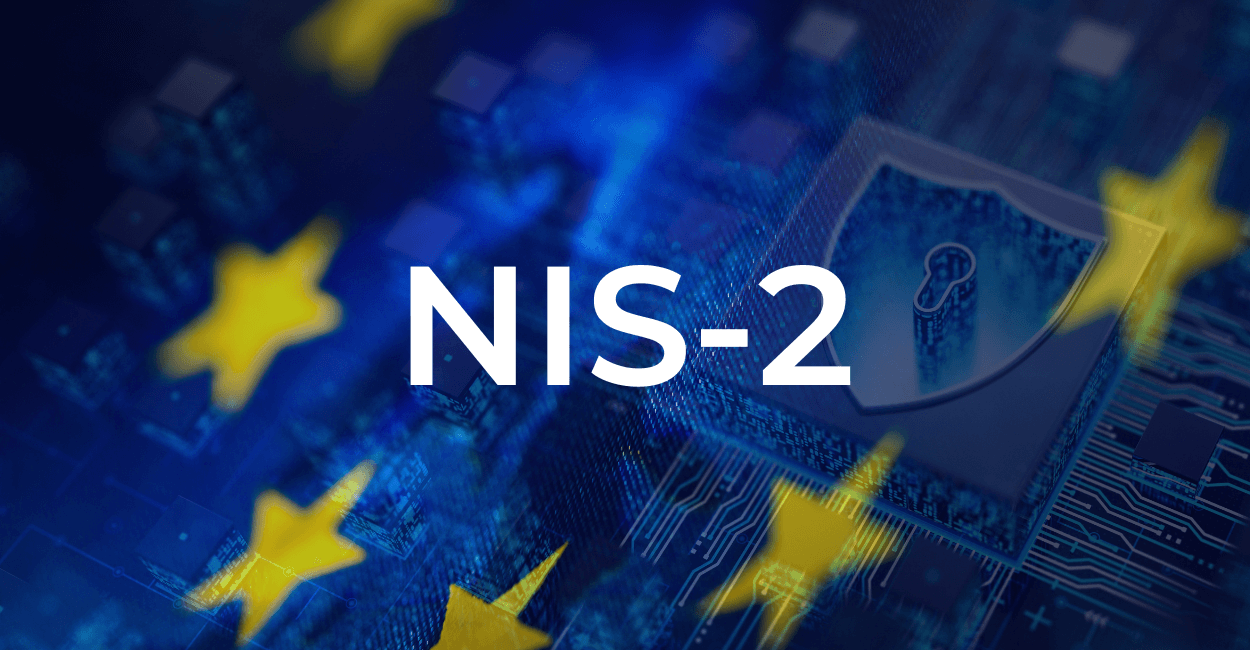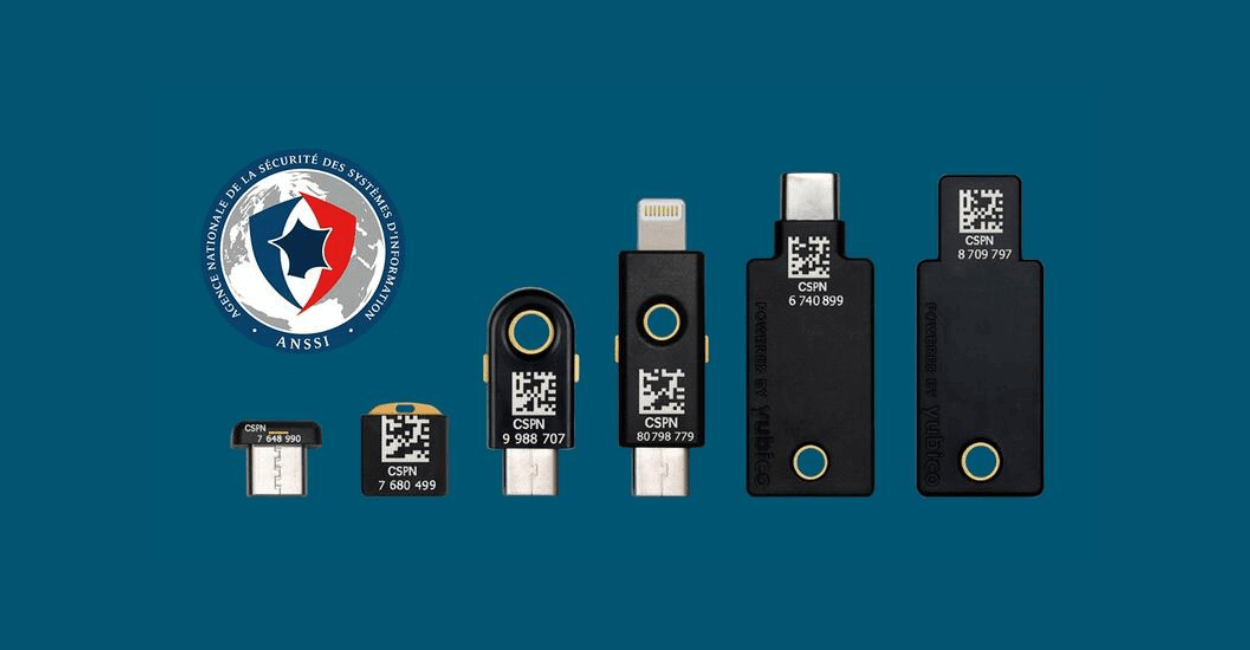The increasing threat of cyberattacks has prompted the European Union to adopt the Network and Information Security Directive 2 (NIS 2). This stringent directive aims to strengthen the cybersecurity of companies and organizations that act as operators of essential services (ODOs) or digital service providers. To meet the requirements of this directive, companies need robust security solutions that ensure the protection of sensitive data and critical infrastructure. This is where the YubiKey comes in.
What is the NIS 2 Directive?
The NIS 2 Directive represents an expansion and tightening of the original NIS Directive. It establishes new, more stringent cybersecurity requirements and requires organizations to implement measures to ensure the protection of networks and information systems. These requirements include, among others, the implementation of multi-factor authentication (MFA), securing remote access, and protecting against phishing attacks.
Deadline for implementation
Companies and organizations must fully implement the requirements of the NIS 2 Directive by October 18, 2024. From that date, compliance with the directive will become mandatory, and companies that fail to comply risk significant penalties and other legal consequences.
The YubiKey: An indispensable tool for compliance with the NIS 2 Directive
The YubiKey is a physical security key that provides strong and reliable authentication. It supports multiple protocols, including FIDO2/WebAuthn and one-time passwords (OTP), and can help organizations meet many of the security requirements of the NIS-2 directive.
- Strong authentication: The NIS-2 directive emphasizes the need for robust authentication to protect access to critical systems and data. With the YubiKey, organizations can implement multi-factor authentication (MFA) that goes beyond simple passwords. The YubiKey uses physical authentication methods to ensure that only authorized users can access systems. This significantly minimizes the risk of security breaches.
- Phishing protection: Phishing is one of the most common methods attackers use to gain access to confidential information. The YubiKey provides protection against phishing attacks by ensuring that credentials are only sent to legitimate websites. By leveraging FIDO2/WebAuthn protocols, the YubiKey prevents attackers from using fake websites to intercept credentials. This is a critical advantage for organizations that need to protect sensitive information.
- Securing remote access: In an increasingly digitalized world where remote work has become the norm, organizations need to ensure that remote access to critical systems is secure. The YubiKey provides a secure authentication method for remote access by ensuring that only authorized users can access sensitive data. This is especially important for organizations that must secure remote access under the NIS 2 directive.
- Key management and encryption: The NIS-2 directive requires organizations to ensure the integrity and confidentiality of information. The YubiKey supports the secure management of encryption keys and digital certificates, helping organizations protect sensitive data and comply with regulatory requirements.
Conclusion
Compliance with the NIS-2 Directive is a challenge for many companies, but with the YubiKey, they can effectively meet security requirements. By using the YubiKey, companies can protect their systems from unauthorized access, ensure the security of remote workstations, and guard against phishing attacks. At a time when cyber threats are constantly increasing, the YubiKey offers a reliable solution to strengthen the resilience of your IT infrastructure and comply with the NIS-2 Directive by October 18, 2024.
Protect your business now – invest in YubiKeys and strengthen your security for the future!
Your YubiKey Shop Team





